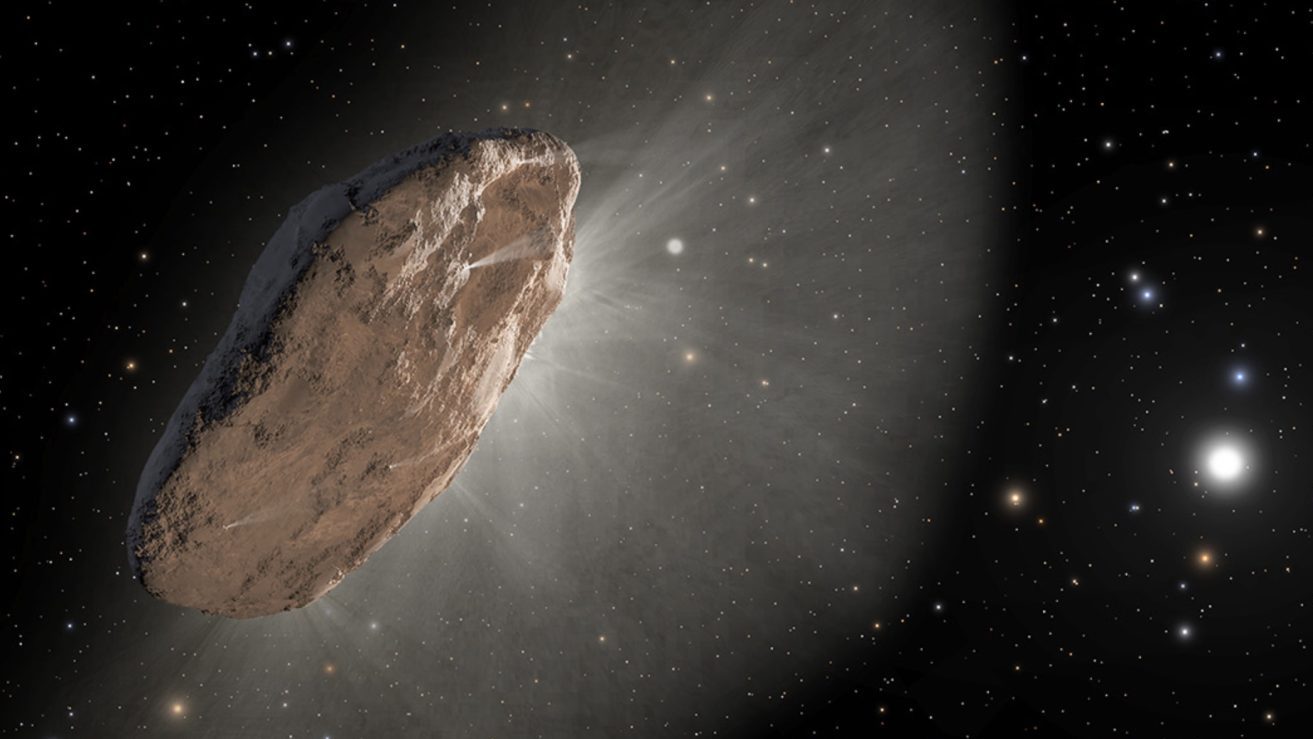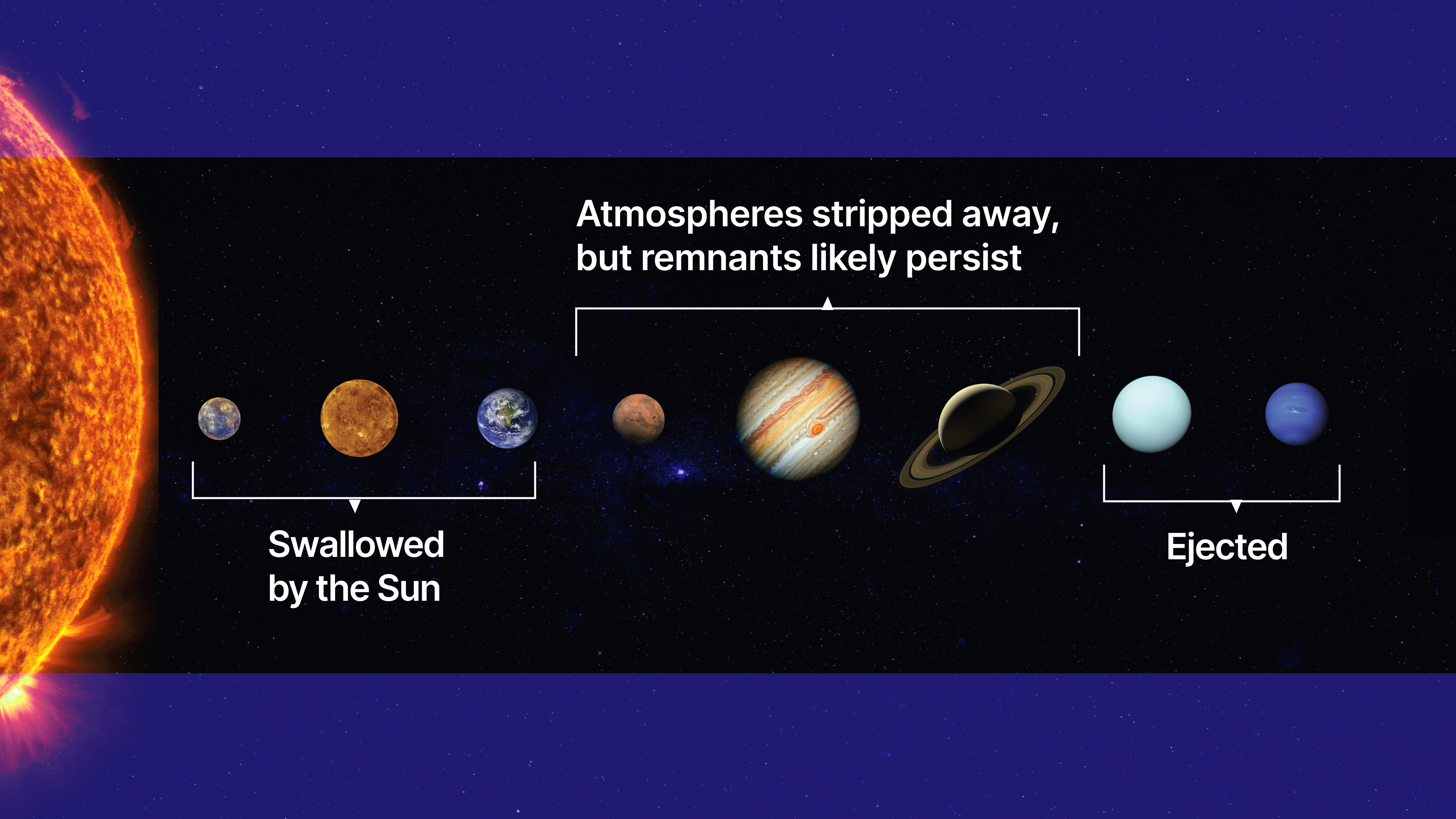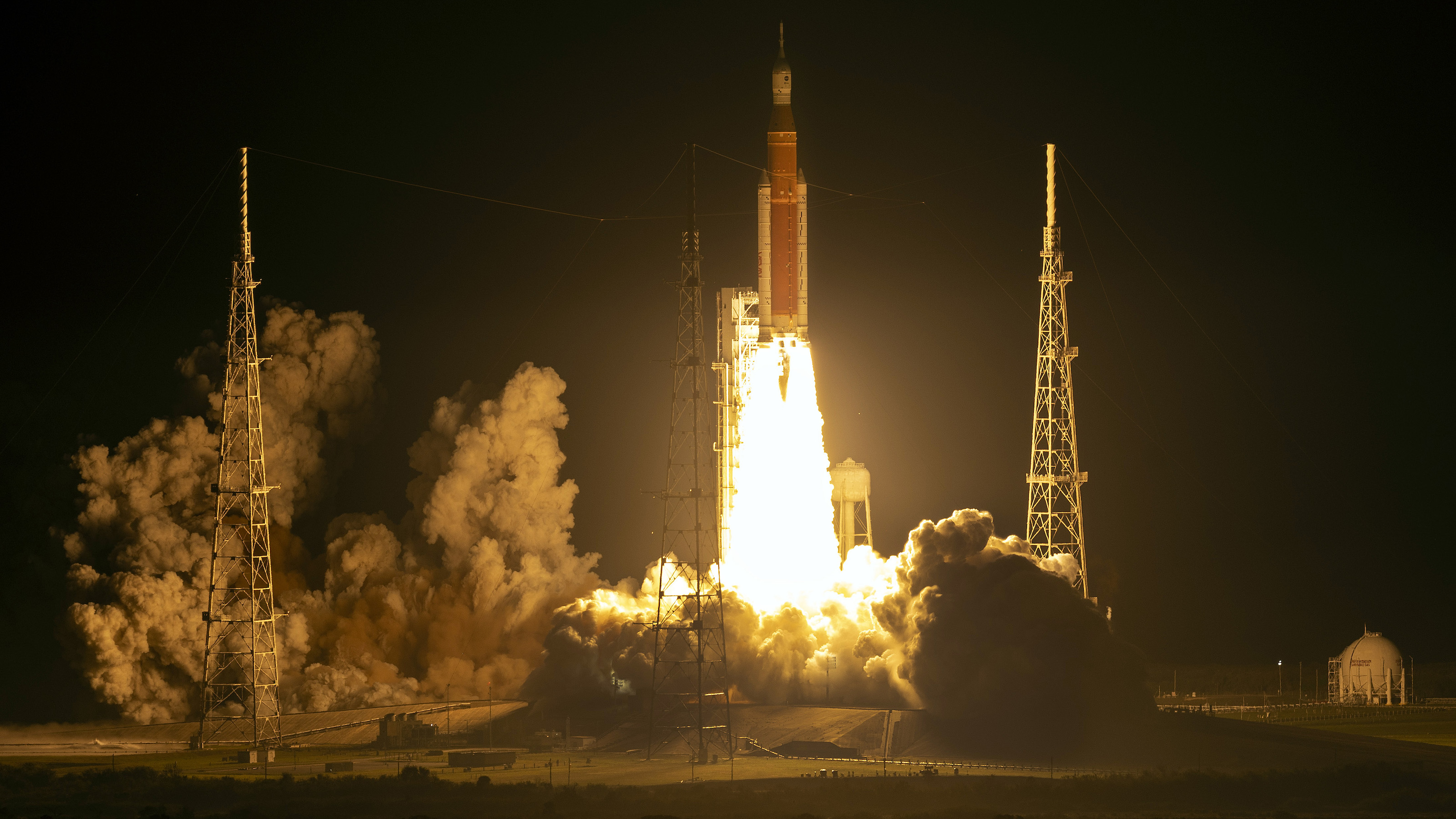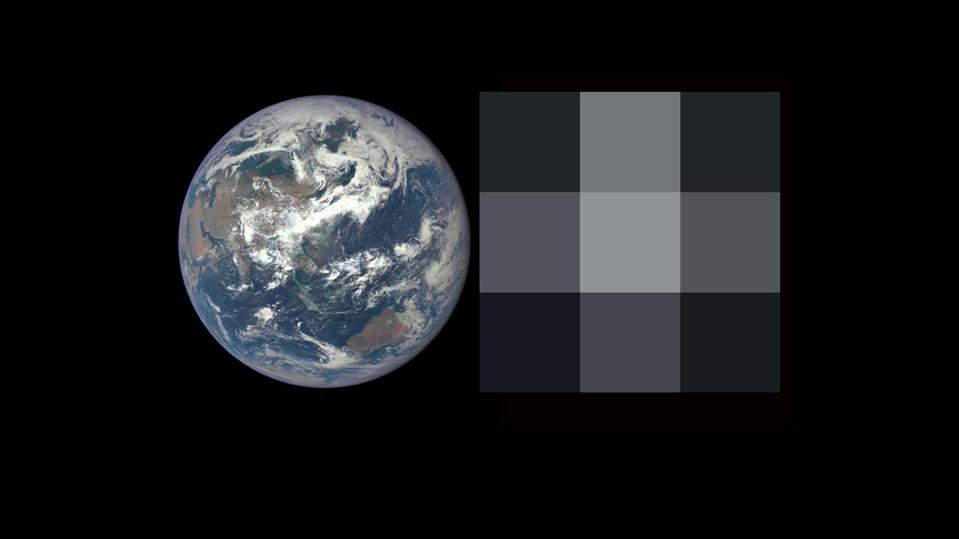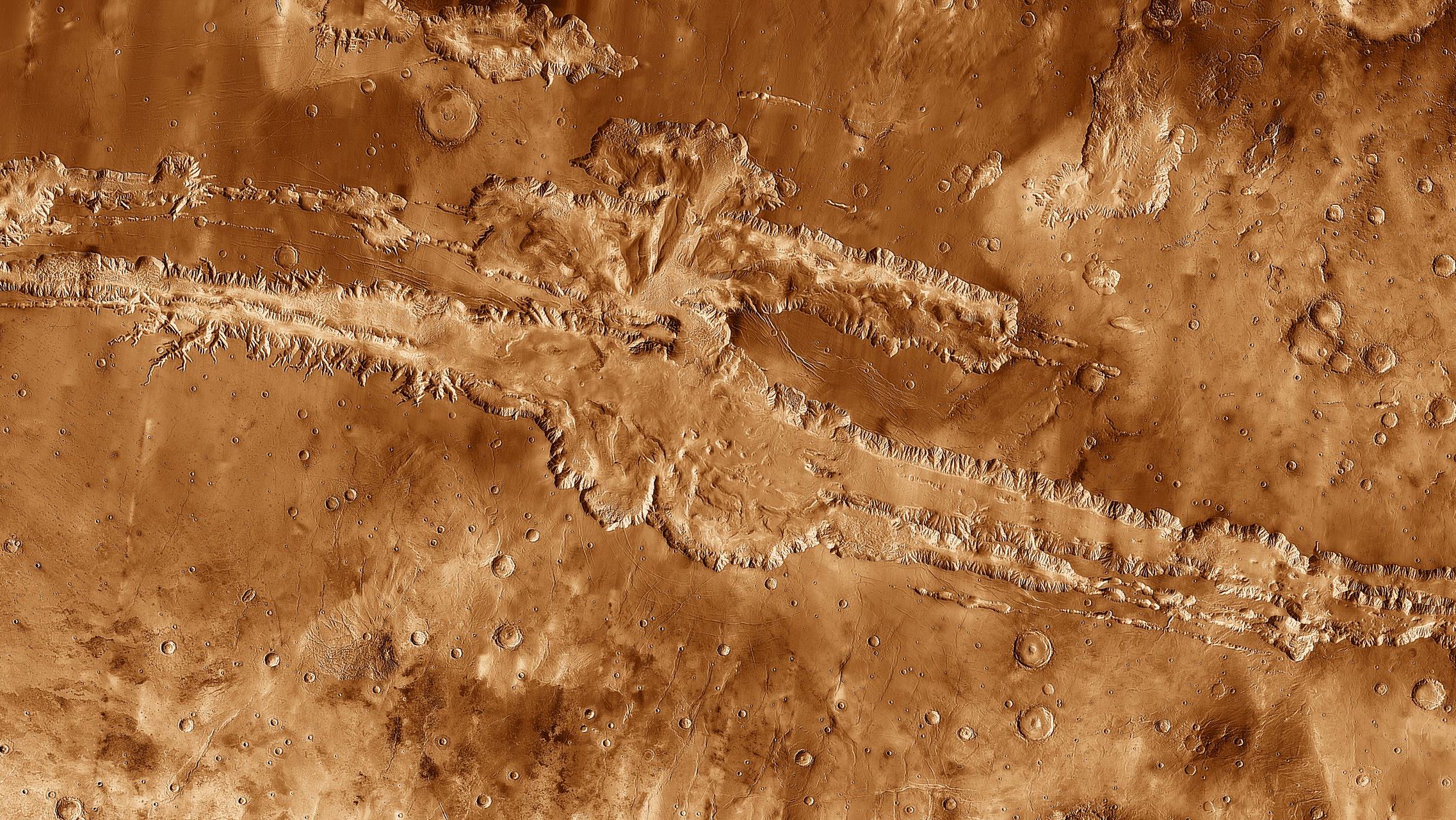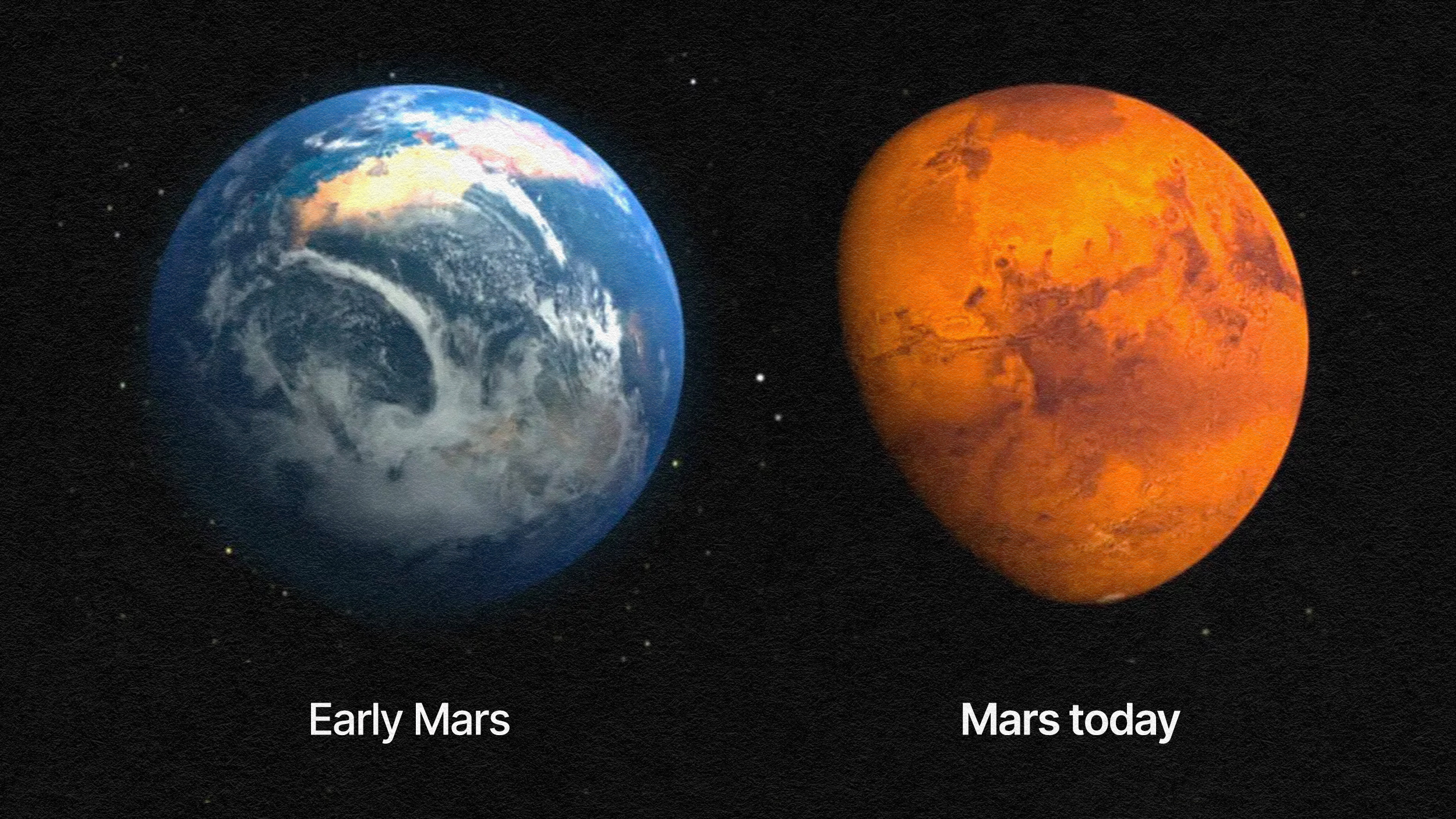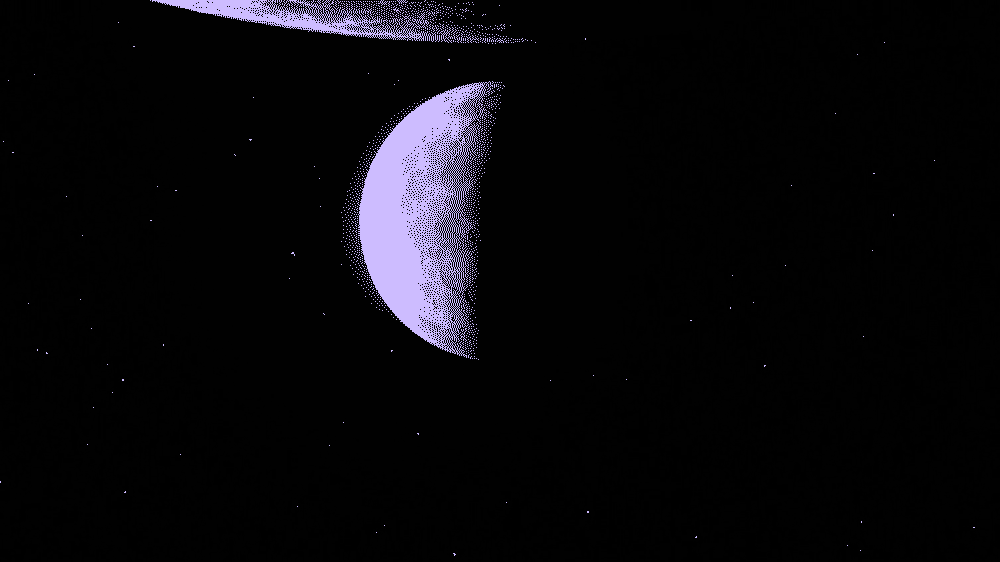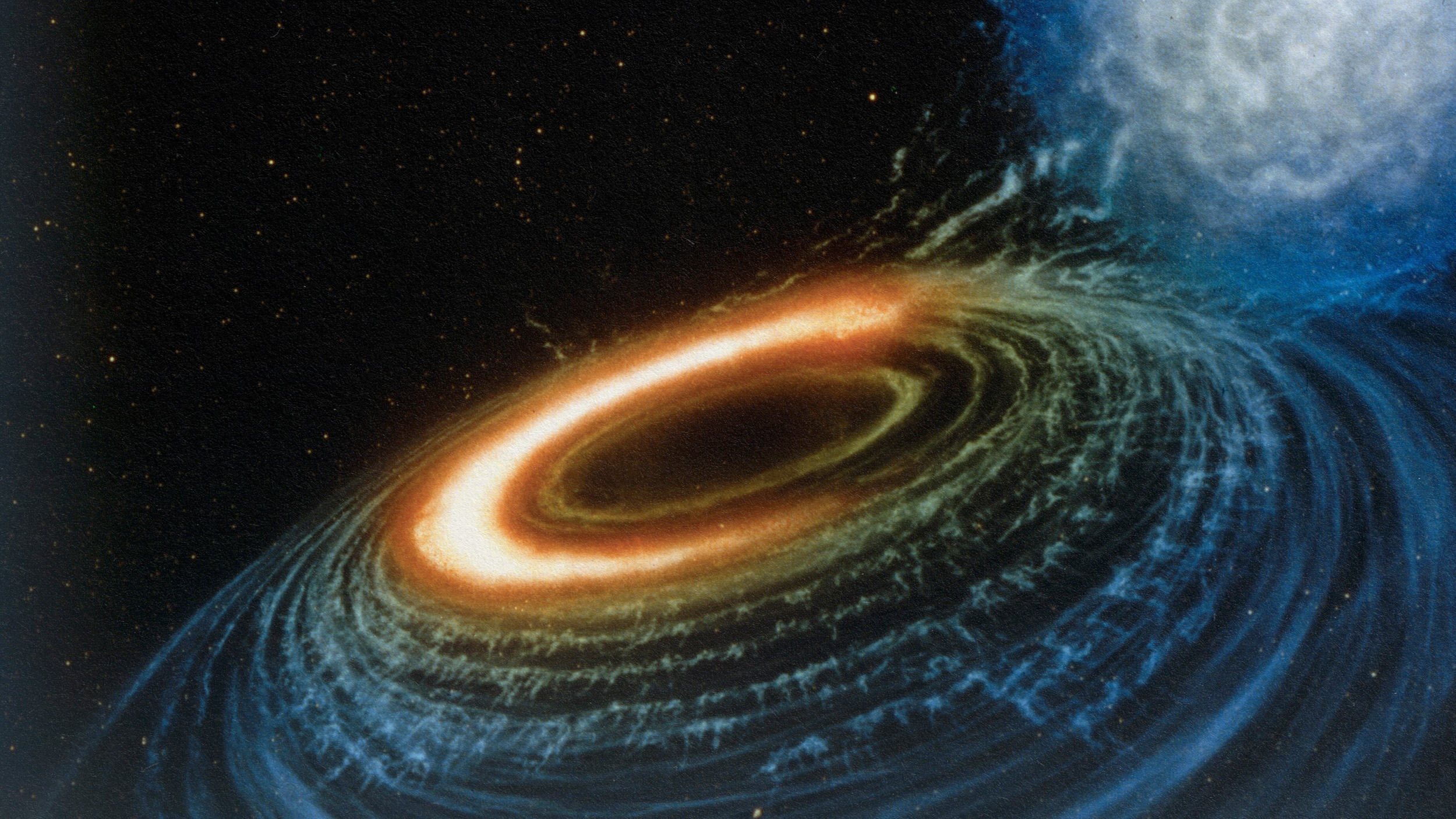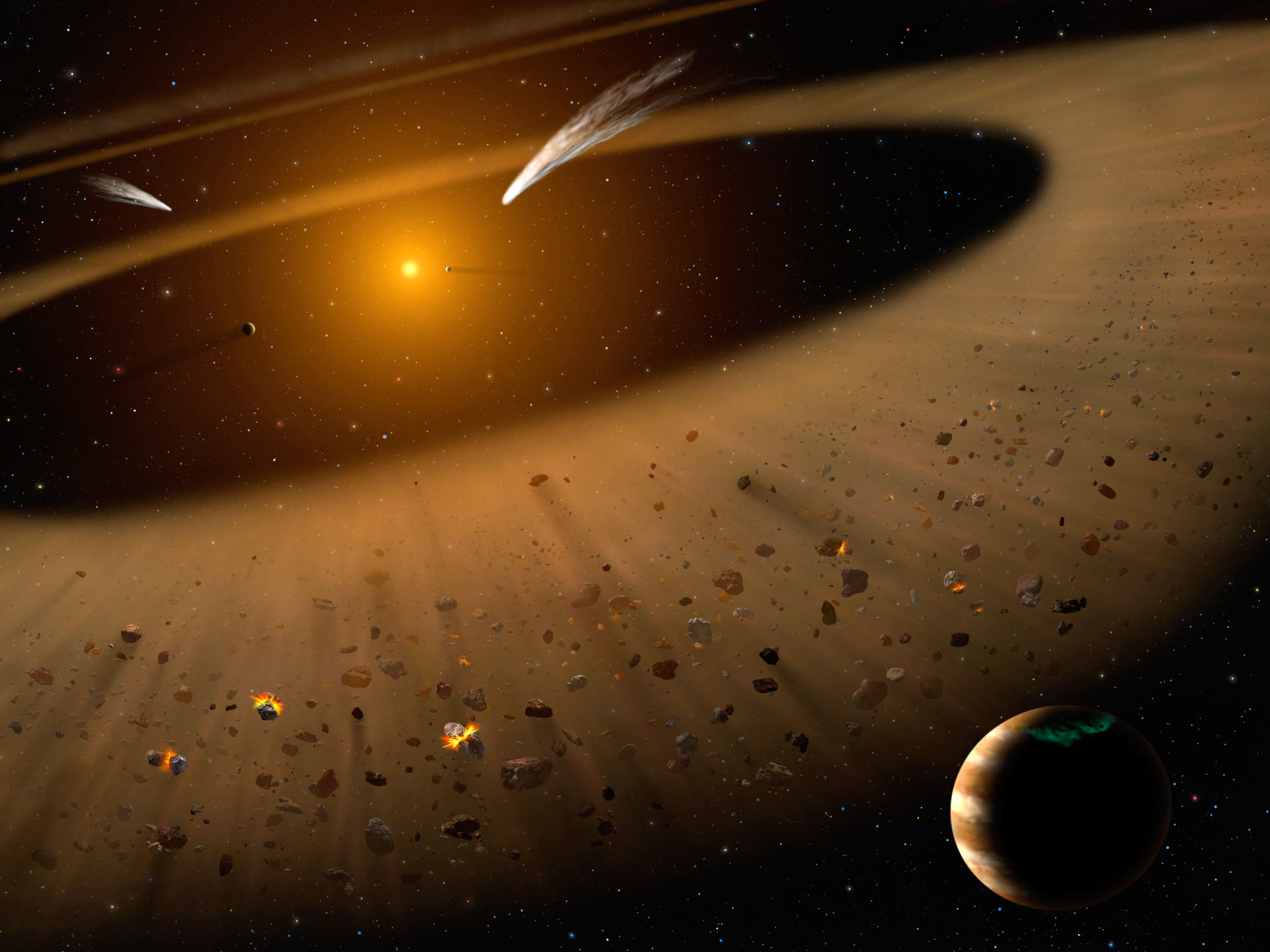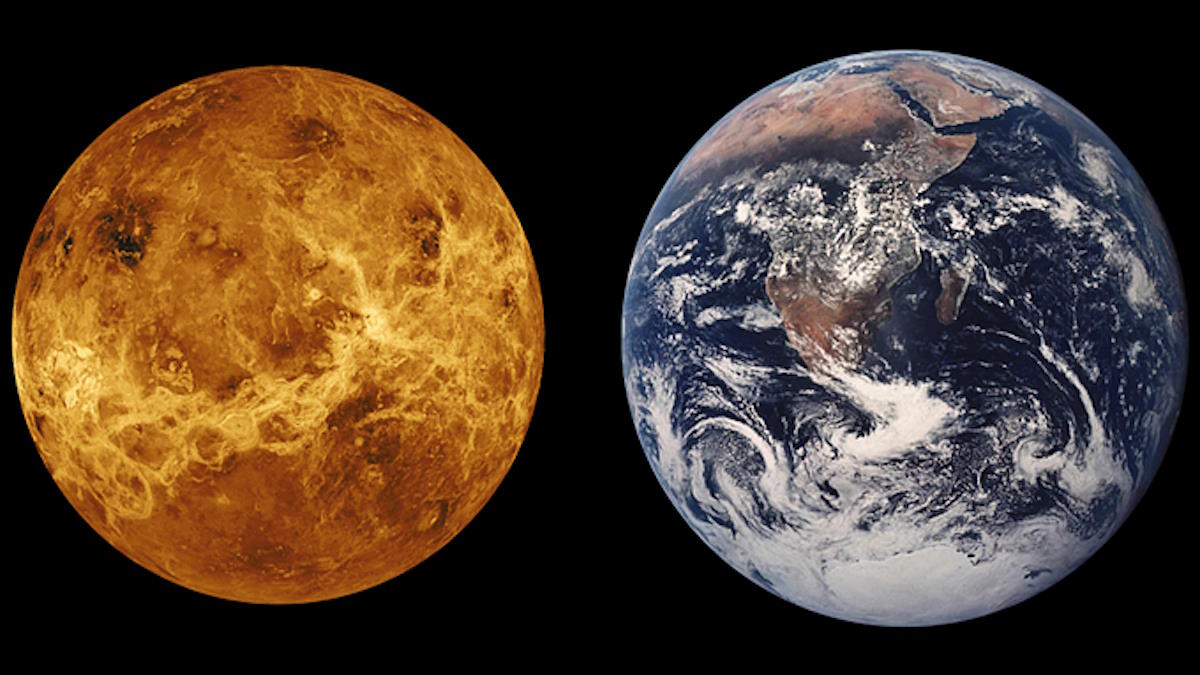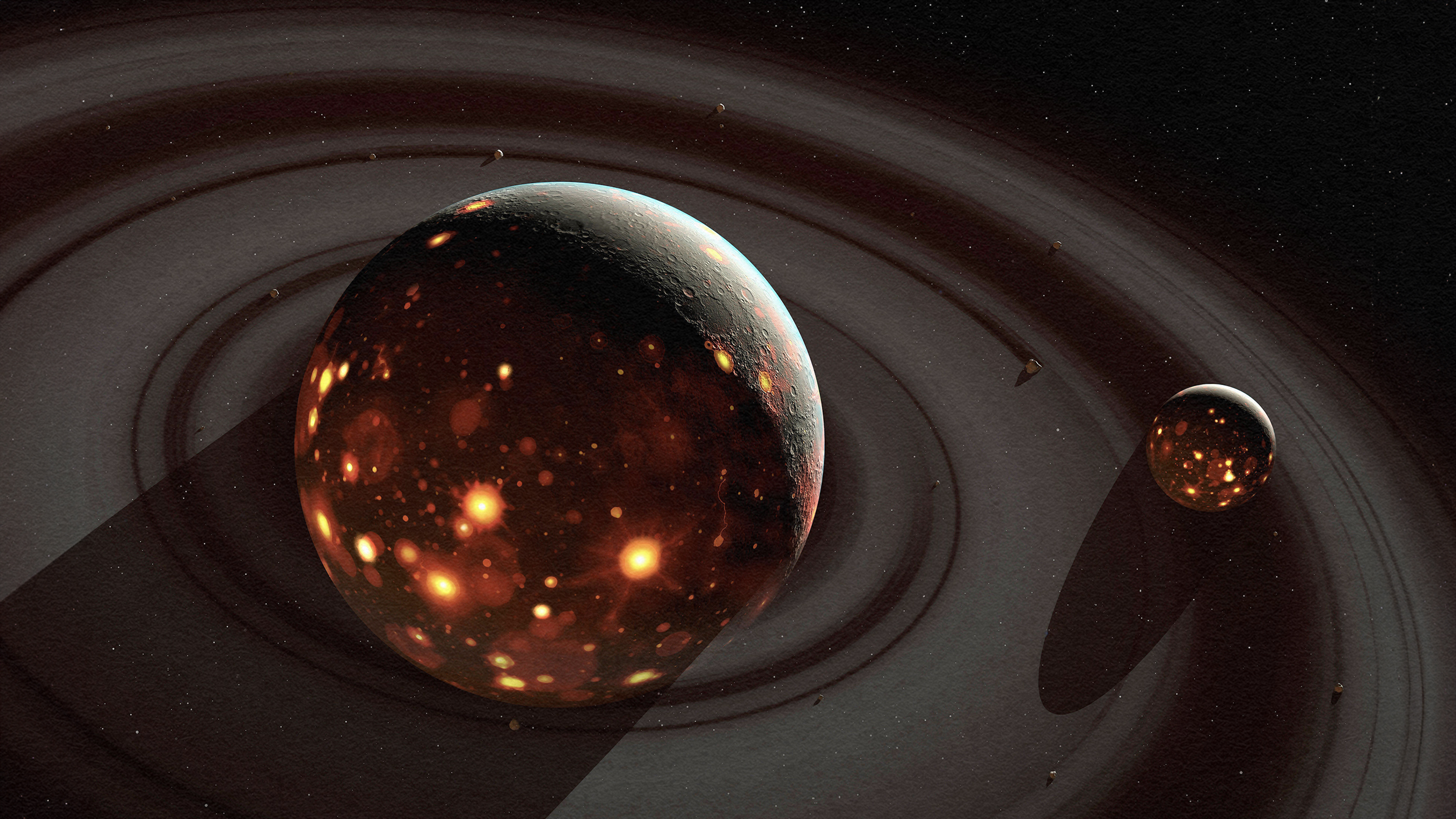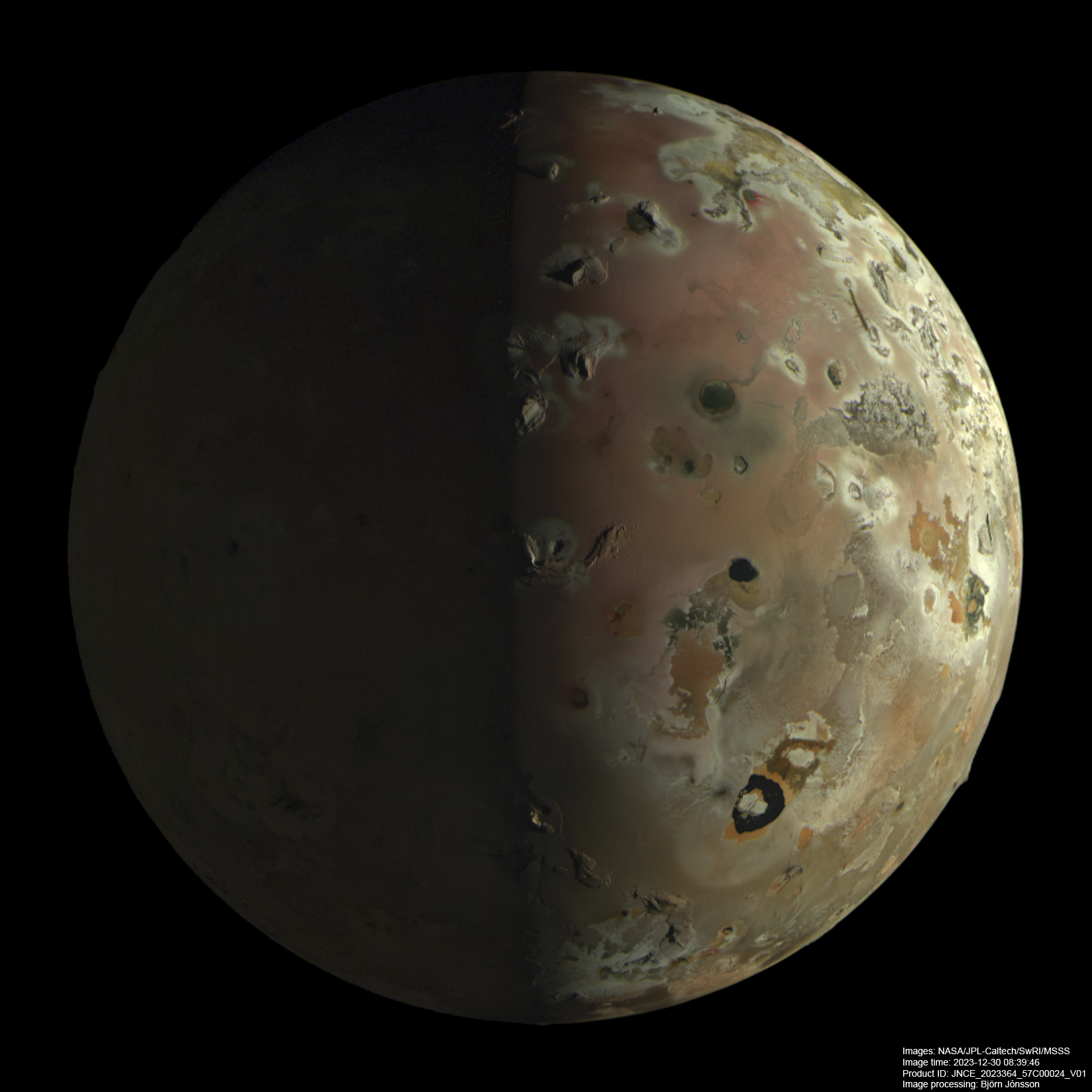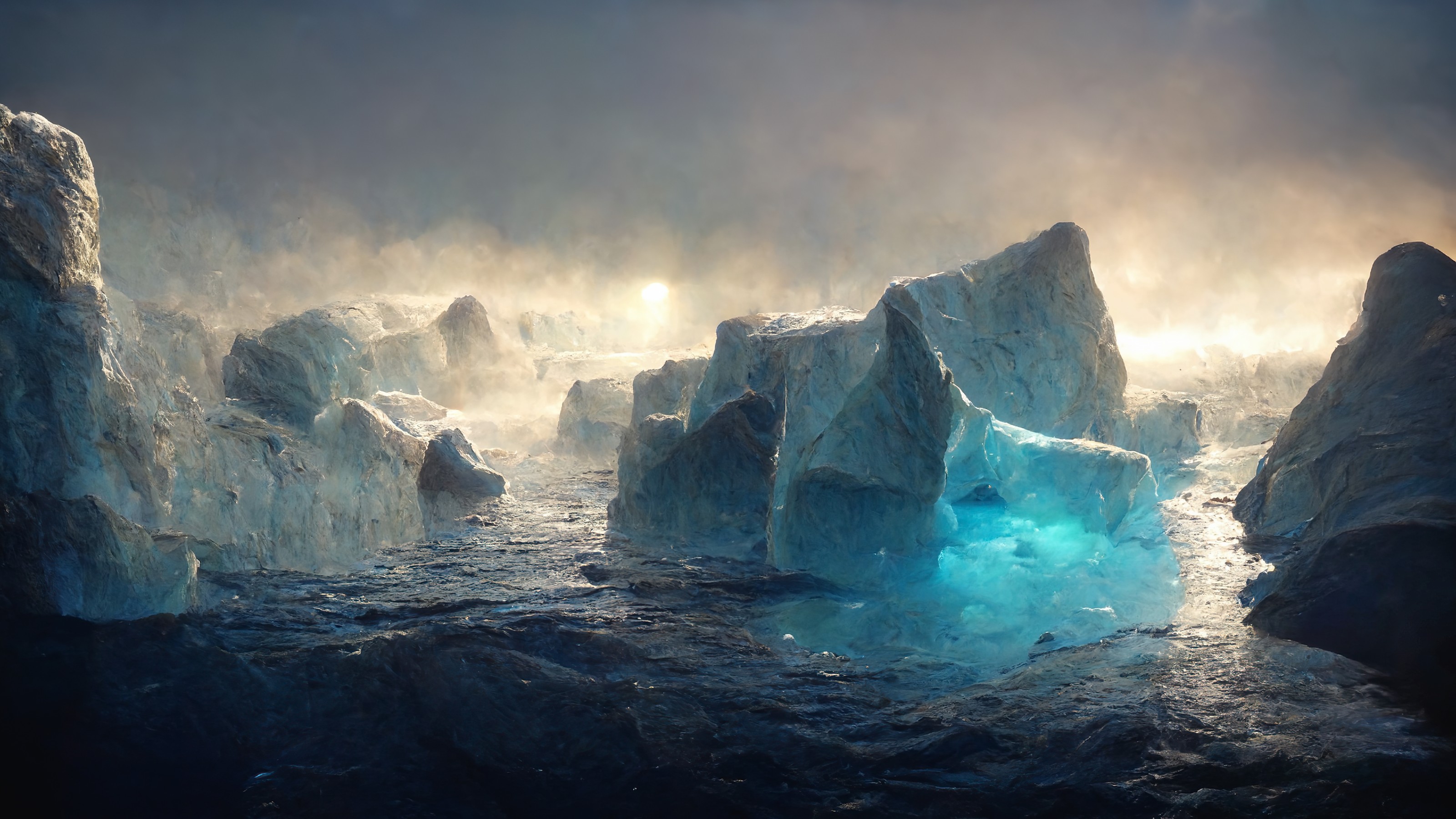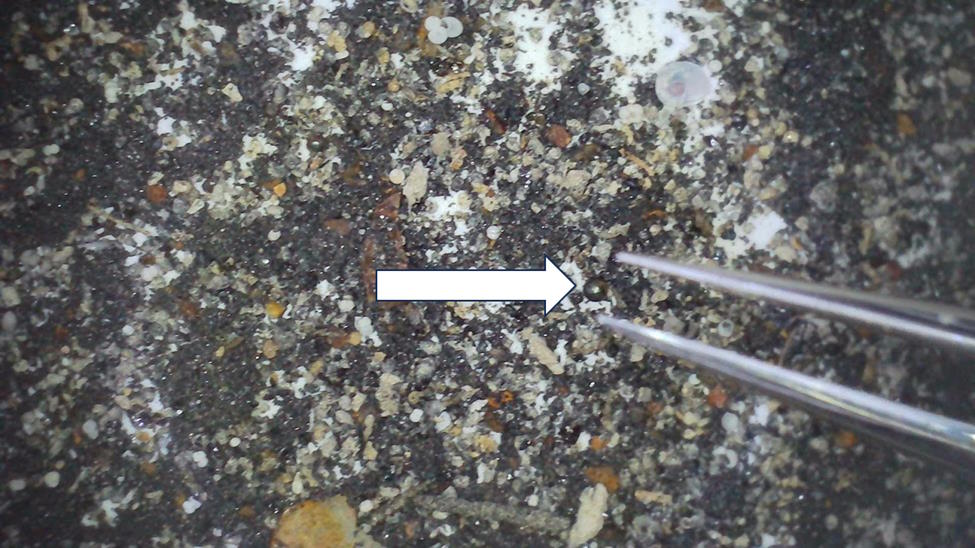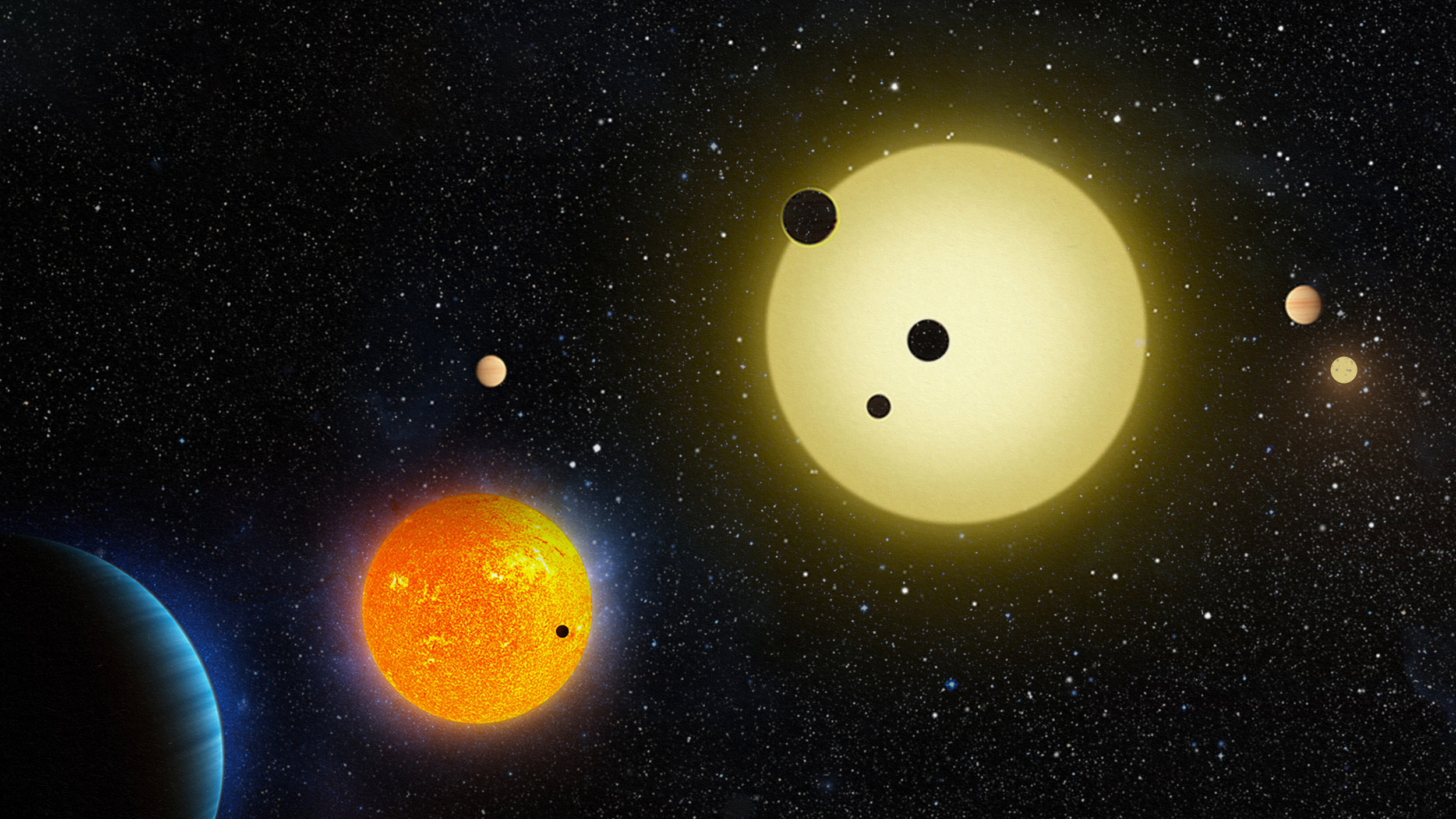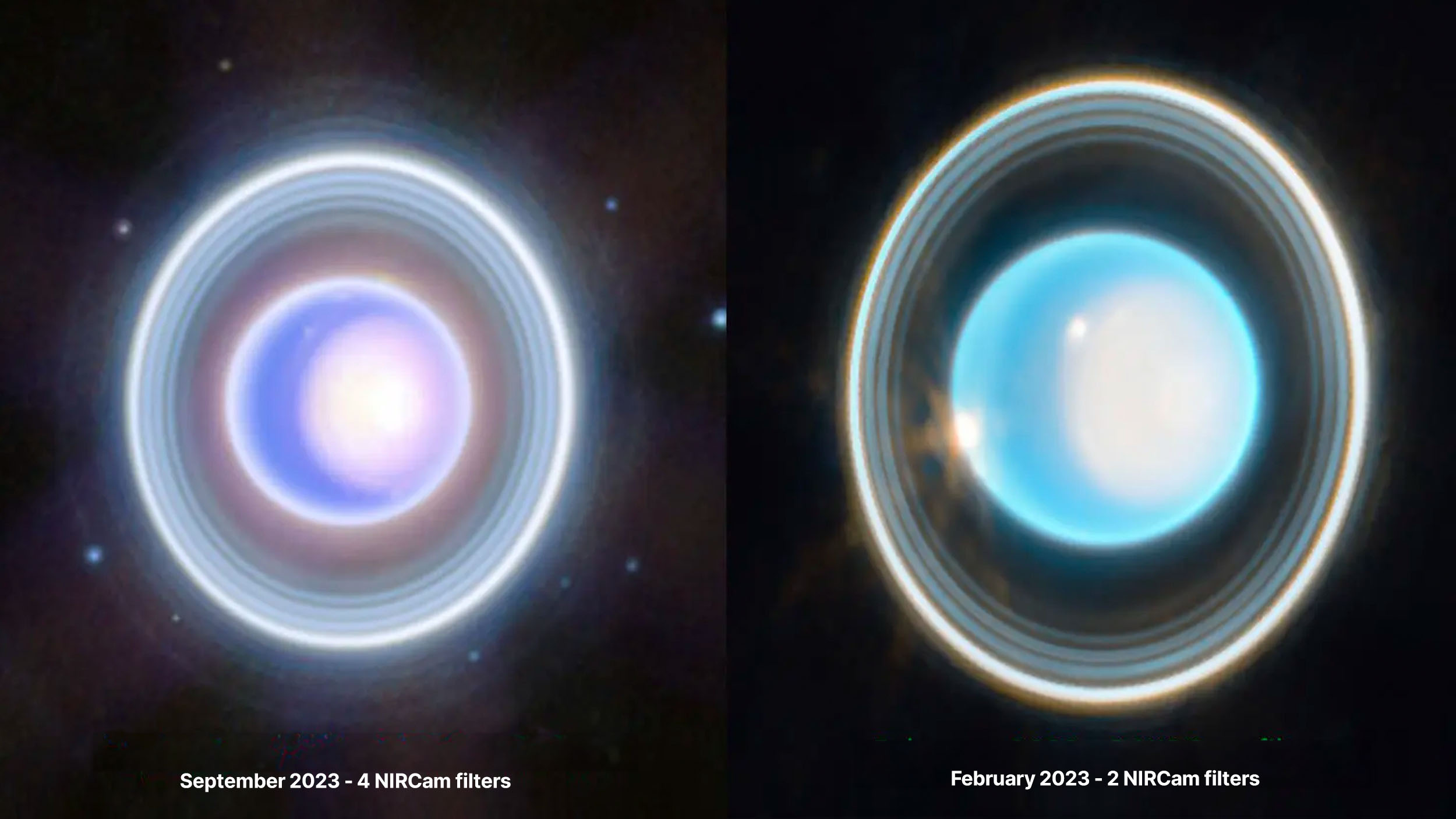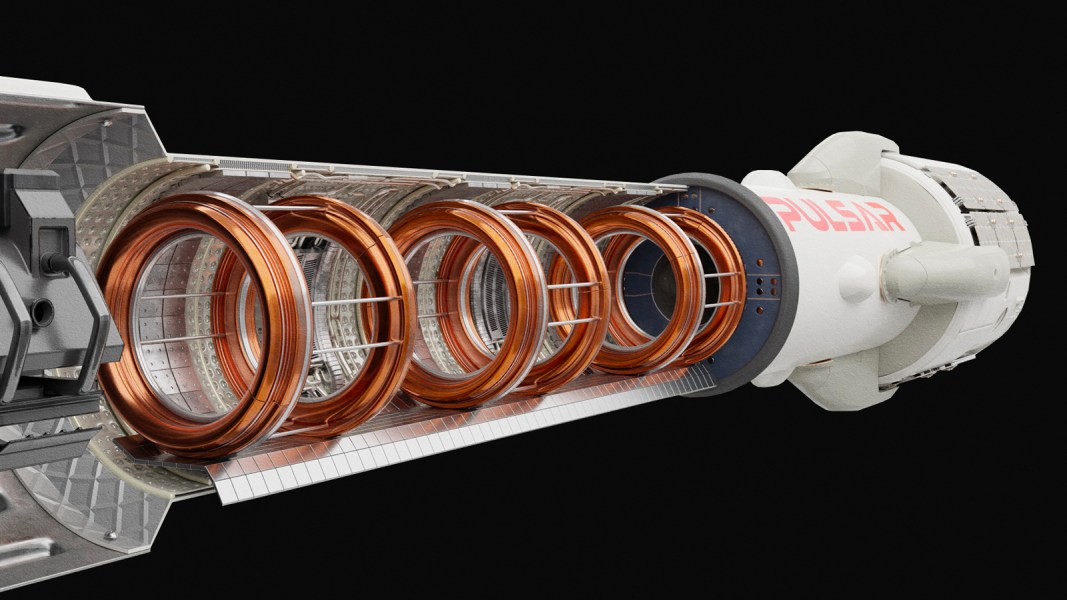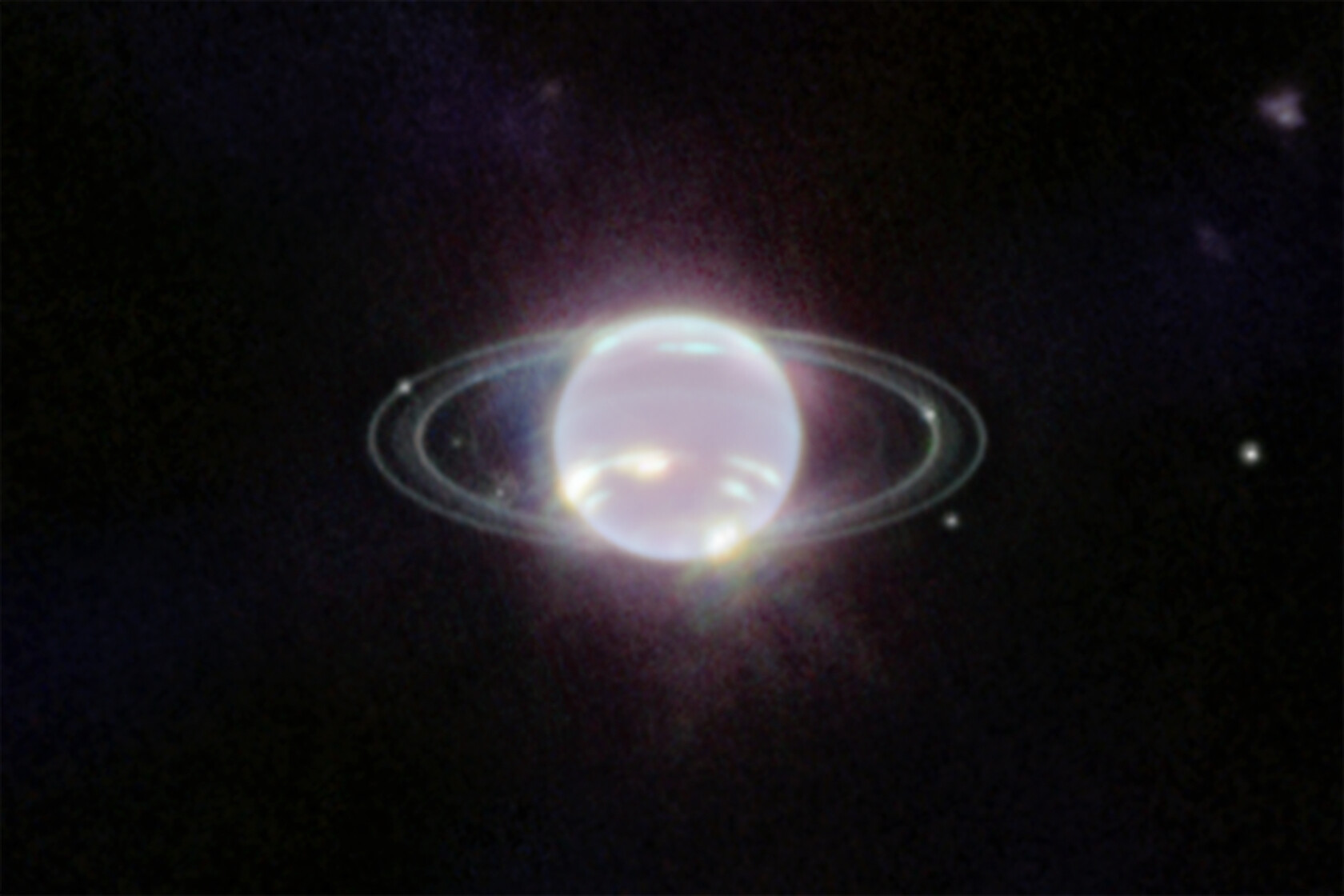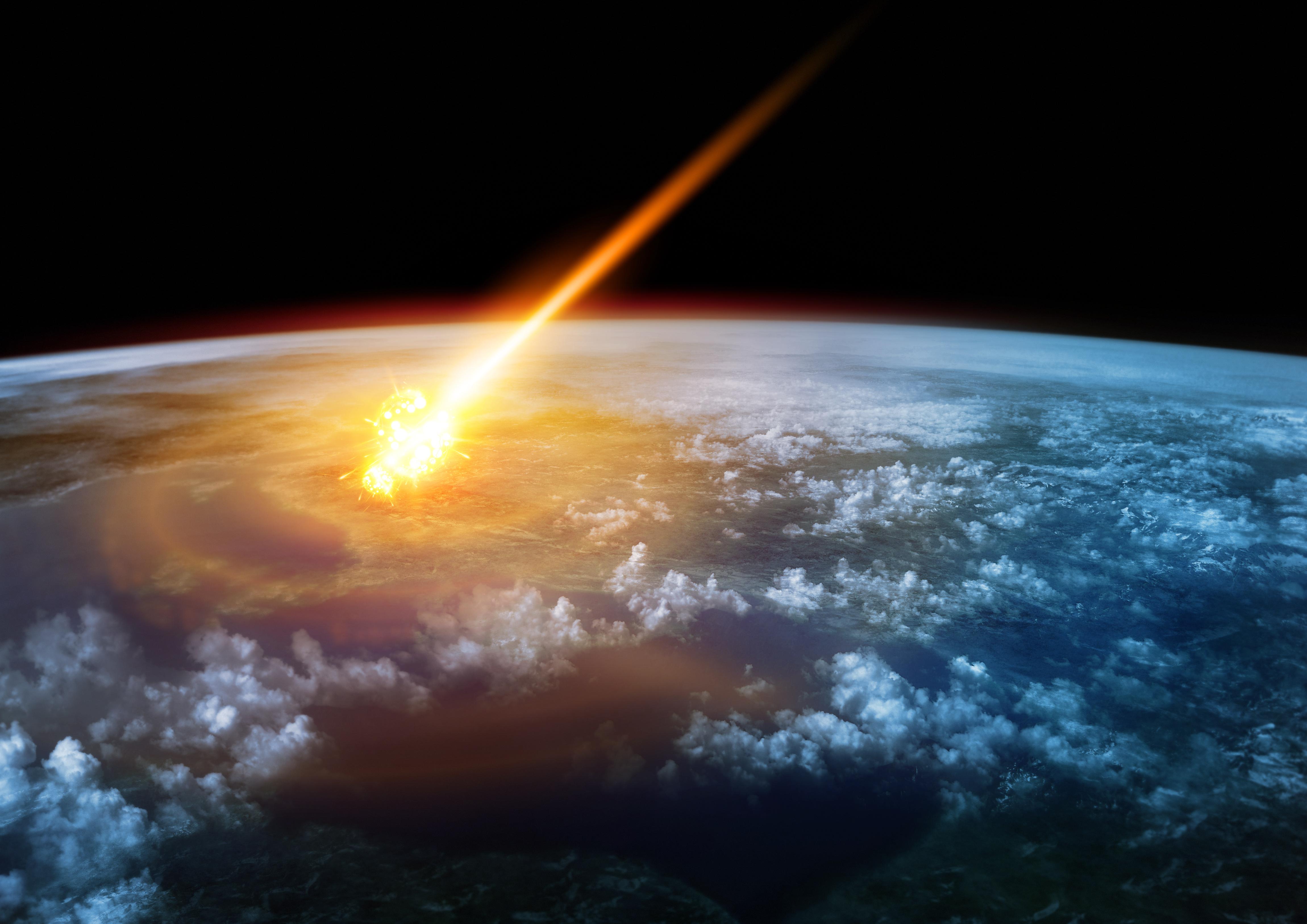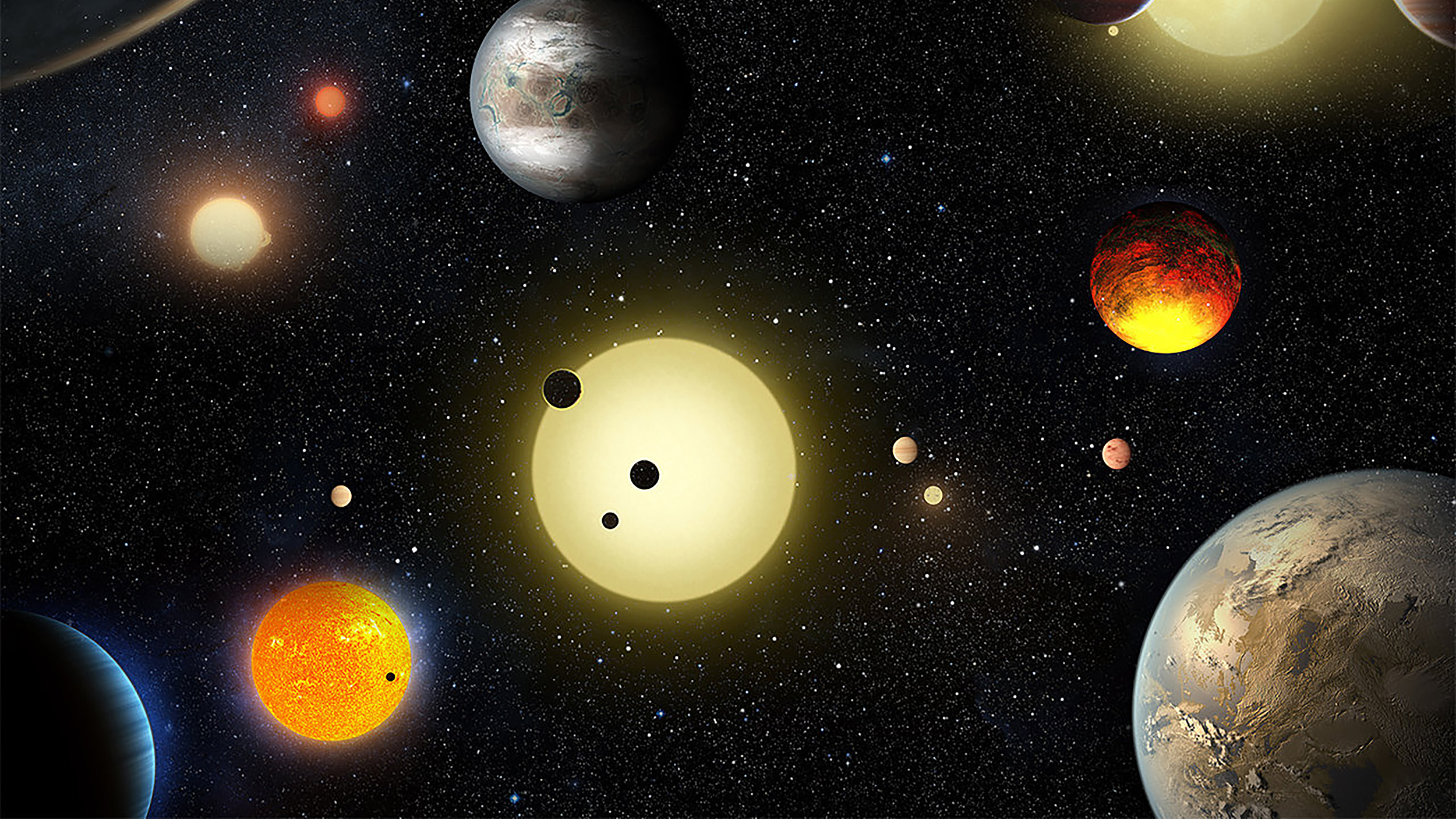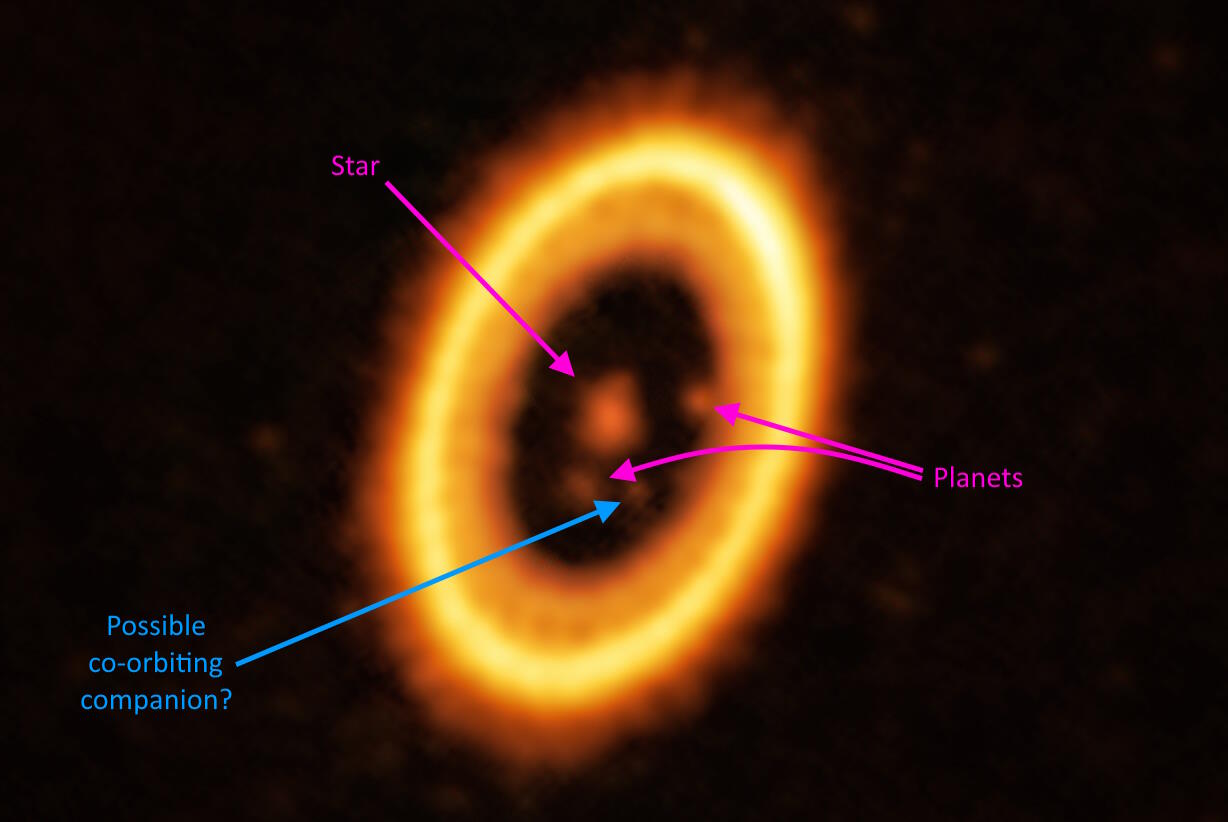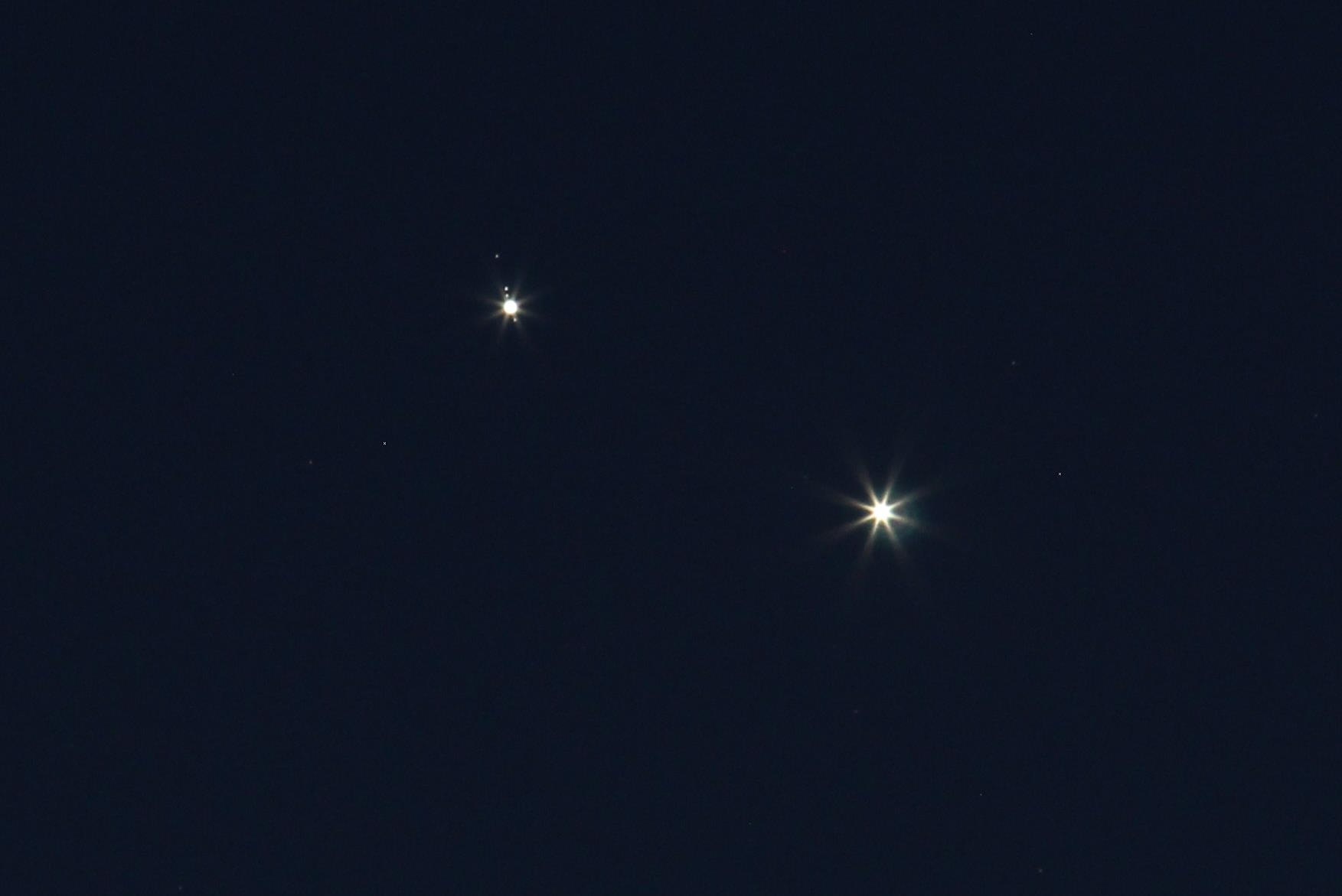Get ready for the most peculiar road trip that will help you understand the vastness and emptiness of the solar system — and Sweden.
Search Results
You searched for: Solar System
The detection of two celestial interlopers careening through our solar system has scientists eagerly anticipating more.
For now, our Solar System's eight planets are all safe, and relatively stable. Billions of years from now, everything will be different.
It is humanity's biggest step yet into the Solar System.
Here in our Solar System, we only have one star: a singlet. For many systems, including the highest-mass ones, that's anything but the norm.
Back in 1990, we hadn't discovered a single planet outside of our Solar System. Here are 10 facts that would've surprised every astronomer.
Valles Marineris is the Solar System's grandest canyon, many times longer, wider, and deeper than the Grand Canyon. What scarred Mars so?
In the early stages of our Solar System, there were three life-friendly planets: Venus, Earth, and Mars. Only Earth thrived. Here's why.
The Earth that exists today wasn't formed simultaneously with the Sun and the other planets. In some ways, we're quite a latecomer.
There are 40 billion billion black holes in the universe. Here’s how our Solar System stacks up against ten of them.
Massive objects like black holes, stars, and rogue planets routinely pass near our Solar System. An ensuing comet storm could destroy us.
Out of the four rocky planets in our Solar System, only Earth presently has plate tectonics. But billions of years ago, Venus had them, too.
It took 9.2 billion years of cosmic evolution before our Sun and Solar System even began to form. Such a small event has led to so much.
Finding alien technology on the seafloor would be truly incredible. This extraordinary claim, however, is debunked by the actual evidence.
Our cosmic home, planet Earth, has been through a lot over the past 4.5 billion years. Here are some of its most spectacular changes
NASA's Juno mission, in orbit around Jupiter, occasionally flies past its innermost large moon: Io. The volcanic activity is unbelievable.
Can two planets stably share the same orbit? Conventional wisdom says no, but a look at Saturn's moons might tell a different story.
Even at its faintest, Venus always outshines every other star and planet that's visible from Earth, and then some!
Some microbes can withstand Earth's most inhospitable corners, hinting that life may be able to survive similarly extreme conditions on other worlds.
Harvard astronomer Avi Loeb claimed to track down and find alien spherules on the ocean bottom. Here's the sober truth.
Finding a tiny planet around bright stars dozens or hundreds of light-years from Earth is extremely difficult.
A Harvard astronomer went to the bottom of the ocean, claiming he recovered alien technology. But what does the science actually indicate?
As Uranus approaches its solstice, its polar caps, rings, and moons come into their best focus ever under JWST's watchful eye. See it now!
It could cut the time needed to reach Mars in half.
The James Webb Space Telescope viewed Neptune, our Solar System's final planet, for the first time. Here's what we saw, and what it means.
65 million years ago, a massive asteroid struck Earth. Not only did Jupiter not stop it, but it probably caused the impact itself.
Astronomers have discovered more than 5,000 confirmed exoplanets — very few of which resemble Earth.
Explore how the study of exoplanets is transforming our understanding of ocean formation.
The giant impact theory suggests our Moon was formed from proto-Earth getting a Mars-sized strike. An exoplanet system shows it's plausible.
In our Solar System, even the two brightest planets frequently align in our skies. But only rarely is it spectacularly visible from Earth.

